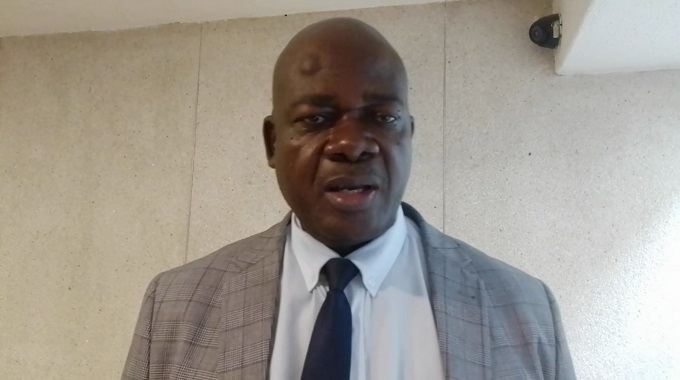
Patrick Chitumba Midlands Bureau Chief
Schools in rural and farming communities will be upgraded through the provision of electricity to improve the quality of learning and bridge the gap between rural and urban communities.
Speaking during the commissioning of five transformers installed at four schools and a business centre in Mberengwa District at the weekend, Primary and Secondary Education Minister Torerayi Moyo said the move will align rural education to that of the urban areas and to global standards.
The transformers were all sourced by Mberengwa Central legislator, Cde Tinashe Shumba, with Government support.
They were installed at Rusvinge Primary School and Mupandashango, Vutika and Rengwe Secondary Schools as well as at Vutika Business Centre.
“This is a great day for learners and teachers at the four schools who now have access to electricity,” said Minister Moyo.
“Government is enhancing connectivity of satellite schools in rural and farming communities through the provision of electricity to improve the quality of learning to bridge the gap between rural and urban communities. This will promote access to e-learning and e-commerce.”
The move was in line with the Second Republic’s philosophy of leaving no one and no place behind in terms of development.
Zesa plans to connect at least three million rural households over the next four years via solar-energy home kits, as well as grid connections where possible to support the major catch-up in the development of rural areas.
Matabeleland North, Matabeleland South, and some parts of Manicaland have the lowest percentages of households connected to electricity, and going forward these will be prioritised in the provision of power.
Minister Moyo said with access to power, pupils in rural and farming areas will be able to research as they will access the internet.
“Other than making electricity available, the Government is also assisting the less privileged to access education through BEAM.
“The pupils who are registered under BEAM are not supposed to be excluded from class over late payment of fees,” he said.
“So, I urge members of the community to bring forth pupils from underprivileged backgrounds so that they have access to education and have a bright future.”
Cde Shumba said there were 111 primary and 47 secondary schools in Mberengwa District. About 60 did not have electricity.
“So we have embarked on a programme to electrify schools and business centres in Mberengwa to help improve the pass rate as well as bridge the information gap.
“Working with the Government we managed to source the transformers which have been commissioned by Minister Moyo today and we are planning on getting more transformers,” he said.
Ms Audrey Moyo, a villager said: “Having power in the area will enable our children to use computers and other ICT gadgets. We commend our MP and the Government for bringing power to this place,” she said.
A shop owner at Vutika Business Centre, Mr Bongani Nkomo, said electricity would boost their business.
The post More rural schools get electricity appeared first on Zimbabwe Situation.